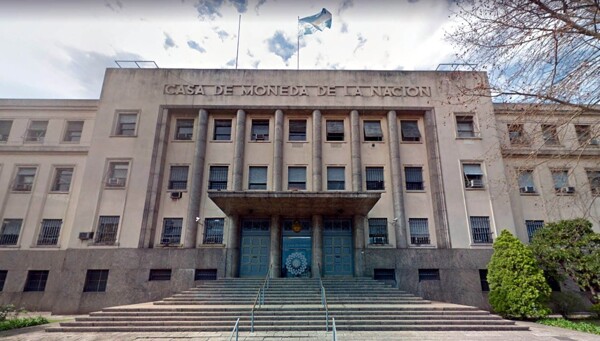
National deputy Mónica Macha presented a bill against digital harassment and another project to combat identity theft, crimes that have significantly increased during the pandemic. These initiatives would complement the existing "Olimpia Law," which recognizes gender digital violence but does not provide effective sanctions.
The bill against digital harassment would include a wide range of harassment modalities in digital environments, such as stalking, intimidation, harassment, surveillance, and non-consensual dissemination of personal data. The proposed penalties range from six months to four years in prison, as well as fines. They would double in specific cases, such as when the harassment is carried out by two or more people or if the victim is a minor.
Deputy Macha pointed out that digital harassment is a form of violence that the majority of women have experienced and can be perpetrated by any user. A bill against identity theft was also presented, aimed at preventing financial fraud and extortion using fake profiles. Penalties range from six months to four years in prison.
During the presentation of the laws, activist Olimpia Coral Melo and María Laura Sánchez, mother of Ema Bondaruk, who committed suicide after the viralization of an intimate video, were present. Macha affirmed the importance of the State in the fight against digital violence and highlighted that these laws set a political and cultural agenda. Olimpia Coral Melo emphasized the importance of addressing the problem of sexual digital violence from its roots.














